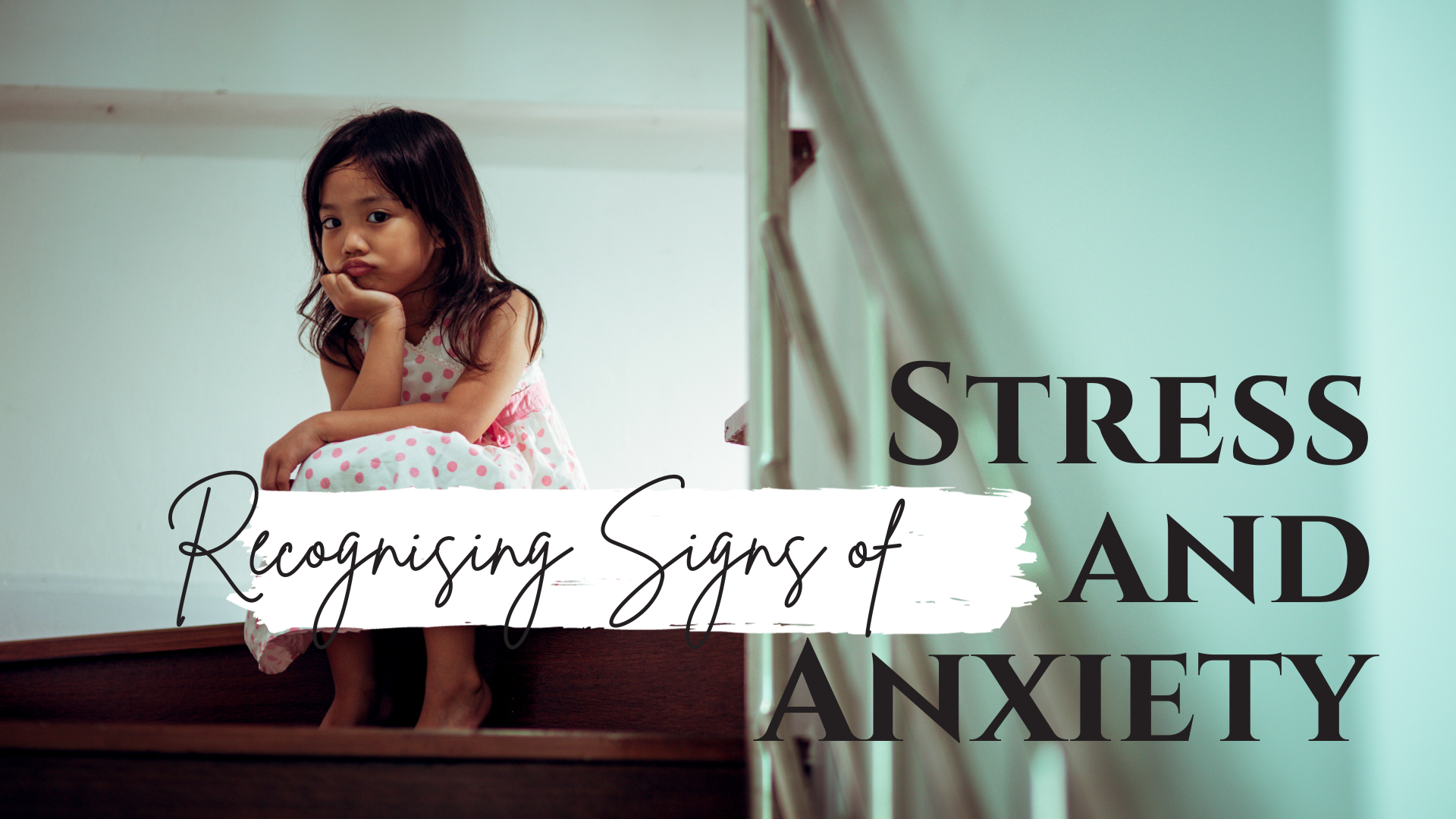Latest From Upschool
- Building Emotional Intelligence
- Understanding Milestones
- How To Raise Successful Kids – Without Over Parenting: Julie Lythcott Haims
- 5 Ways To Share Math With Kids: Dan Finkel
- Parenting In The Digital Age: Sonia Livingstone
- Building Your Childs Self Esteem
- What Should I Be Reading With My Child?
- The Power of Believing That You Can Improve: Carol Dweck
-
-
No videos yet!
Click on "Watch later" to put videos here
- View all videos
-
-
-
Don't miss new videos
Sign in to see updates from your favourite channels
-
Guest Contributors
Health & Wellbeing (Guest Contributors)
Recognising Signs of Stress and Anxiety

Published by: Digital Schools
Recognising signs of stress and anxiety is important for taking proactive steps to manage these conditions. It's important to note that everyone experiences stress and anxiety differently, and symptoms can vary. Here are some common signs:
Physical Signs:
Muscle Tension: Tightness or pain in the muscles, especially in the neck, shoulders, or back.
Headaches: Frequent or tension headaches.
Fatigue: Feeling tired or exhausted, even after adequate rest.
Sleep Disturbances: Difficulty falling asleep, staying asleep, or experiencing restless sleep.
Changes in Appetite: Either an increase or decrease in appetite.
Stomach Issues: Digestive problems, such as stomachaches or nausea.
Emotional Signs:
Irritability: Feeling easily annoyed or angered.
Mood Swings: Experiencing sudden and intense shifts in mood.
Overwhelmed: Feeling like you can't cope with the demands of daily life.
Restlessness: Being unable to relax or sit still.
Difficulty Concentrating: Trouble focusing or making decisions.
Excessive Worry: Persistent and excessive thoughts about future events.
Behavioural Signs:
Social Withdrawal: Avoiding social interactions and isolating oneself.
Changes in Activity Levels: Becoming more inactive or, conversely, engaging in frenetic activity.
Procrastination: Putting off tasks or responsibilities.
Changes in Speech Patterns: Speaking faster, slower, or more hesitantly than usual.
Nervous Habits: Nail biting, pacing, or other repetitive behaviours.
Cognitive Signs:
Negative Thinking: Persistent negative thoughts about oneself, others, or the future.
Racing Thoughts: Thoughts that race and are difficult to control.
Memory Issues: Difficulty remembering things or concentrating.
Catastrophising: Expecting the worst-case scenario in situations.
If you or someone you know is experiencing these signs, it's important to seek support. This may include talking to friends, family, or a mental health professional. Techniques such as mindfulness, deep breathing, exercise, and establishing a healthy routine can also be helpful in managing stress and anxiety. If symptoms are severe, it's crucial to consult with a healthcare. professional for appropriate guidance and intervention.
TAGS
The content by "Digital Schools" which can be found under the "Guest Contributor" category on this platform is produced by Digital Schools PTY LTD. Digital Schools works in partnership with the school as a 3rd party provider to help build and maintain the school website. As well as this, we assist the school by engaging with a range of experts who already provide products and/or services to educational institutions and we work with them to produce and publish information to this website that we think may be relevant, interesting or topical to families within the community.
PLEASE NOTE: The views, opinions and content published by us are that of the "Guest Contributor" and/or publisher (Digital Schools). It should be noted that whilst the publisher and guest contributors are acting with the best intentions and in the best interests of the school and their community, sometimes the content may not necessarily reflect the views of the school. We welcome your feedback. Down the bottom of this page is a feedback form so you can let us know what you think.
NEW TO EXPLORE
How To Raise Successful Kids – Without Over Parenting: Julie Lythcott Haims
Digital Schools
June 20,2024
...




